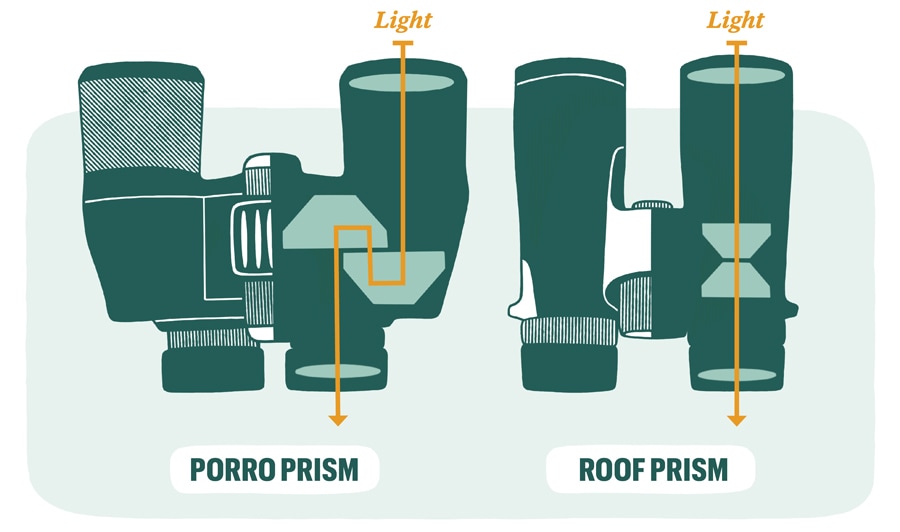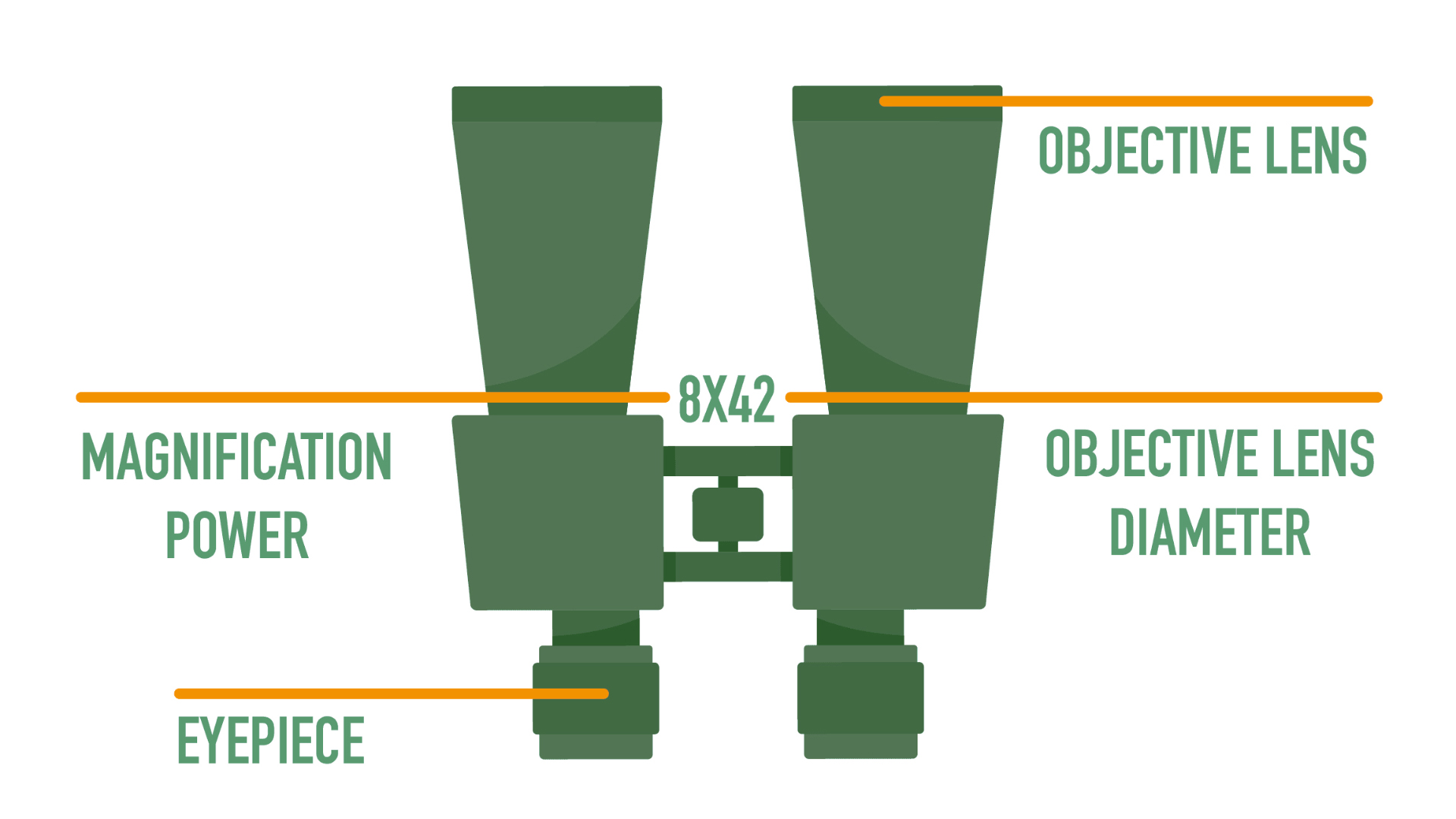Finest Tips for Picking the Right Binoculars for Bird Viewing
Finest Tips for Picking the Right Binoculars for Bird Viewing
Blog Article
The Relevance of Field Glasses in Education and Scientific Study: Just How These Optical Instruments Add To Discovering and Expedition
The integration of field glasses into instructional setups and clinical research study is commonly overlooked, yet their payment to enhancing observational skills is substantial. These instruments link the space in between theoretical concepts and functional application, permitting trainees and scientists alike to engage with their settings in a concrete fashion. In disciplines varying from ecological science to astronomy, field glasses work as crucial tools that promote questions and crucial reasoning. The more comprehensive implications of these optical gadgets on discovering end results and clinical exploration warrant better evaluation, especially as we consider their possible in shaping future scientific endeavors.
Enhancing Observational Abilities
In academic and research study settings, the usage of binoculars substantially improves empirical skills among trainees and experts alike. These optical tools promote a much deeper understanding of distant subjects, making it possible for customers to observe information that would certainly or else stay unseen. By using binoculars, learners can take a look at wild animals, huge phenomena, and geological formations, cultivating an extra extensive connection to the topic.
Field glasses act as essential devices in area studies, encouraging pupils to involve actively with their setting. Via improved observation, they can collect data more properly, causing improved logical abilities. This hands-on experience enables the growth of important thinking, as students have to translate what they see and relate it to academic understanding.

Bridging Theory and Technique
Observational skills established via the use of binoculars naturally cause a much more extensive assimilation of theoretical expertise with useful application. By participating in straight monitoring, learners can change abstract ideas into concrete experiences. This harmony fosters a deeper understanding of scientific principles as students attach academic structures with real-world phenomena.
For example, when researching avian biology, trainees can apply their knowledge of bird composition and habits through the lens of binoculars, observing characteristics such as plumage variation, feeding practices, and migratory patterns. This direct interaction not only strengthens theoretical ideas yet also grows crucial thinking and analytical skills.
Moreover, making use of field glasses motivates learners to formulate hypotheses based upon their monitorings, consequently improving their scientific inquiry skills. They can proactively examine these theories in the field, resulting in a more experiential learning setting that promotes inquisitiveness and exploration.
In essence, field glasses serve as a vital device in linking the gap between class knowing and fieldwork - Binoculars. They empower trainees to become energetic participants in their education, encouraging an all natural method to understanding the all-natural world and its intricacies. Thus, the combination of theory and method is essential for cultivating informed and involved learners
Applications in Environmental Scientific Research
Utilizing binoculars in ecological scientific research improves the capacity to observe and evaluate ecosystems with higher precision. These optical instruments are necessary for conducting field research studies, enabling researchers to keep an eye on wild animals populations, analyze plant health, and examine environment conditions without interrupting the natural setting. Field glasses help with the recognition of species at various distances, allowing scientists to gather essential data on biodiversity and habits.
In environmental study, field glasses are important devices for ornithologists studying bird actions and movement patterns. They allow researchers to record observations over long durations, adding to valuable longitudinal studies - Binoculars. Furthermore, binoculars play a crucial duty in environment analyses, as they permit the in-depth monitoring of plant communities and their interactions within ecological communities
Environmental educators likewise gain from binoculars, as these tools enhance experiential discovering opportunities. Trainees can involve straight with their surroundings, fostering a deeper recognition for ecological systems. By including field glasses into curricula, instructors can inspire the future generation of environmental scientists.
Role in Astronomy Education
Using field glasses in astronomy education and learning supplies an easily accessible entrance for students and enthusiasts to explore holy sensations (Binoculars). Unlike large telescopes, binoculars are mobile, easy to use, and fairly low-cost, making them a perfect introductory device for observing the night sky. Pupils can conveniently engage with the universes, cultivating a hands-on learning experience that boosts their understanding of expensive ideas
Binoculars enable customers to observe a range of holy objects, consisting of the Moon, planets, and star collections. Notably, binoculars offer as a bridge to extra intricate astronomical tools, giving foundational experiences that can trigger deeper rate of interest in the field.
In academic setups, guided binocular sessions can promote team cooperation and discussion, enhancing the finding out experience. The shared experience of observing celestial spheres can grow a sense of neighborhood amongst students. In see post general, field glasses play a vital duty in demystifying astronomy, making it friendly and interesting for individuals in any way degrees of education and learning.

Inspiring Curiosity and Inquiry
Binoculars not only assist in the observation of holy phenomena however also fire up a sense of interest and next page questions among trainees. By giving a closer take a look at remote things, binoculars urge learners to ask inquiries and explore the environment around them. This tool changes easy learning into an active, appealing experience, fostering a deeper understanding of scientific ideas.
When pupils make use of field glasses to observe wildlife, landscapes, or astronomical objects, they establish empirical skills that are vital for clinical questions. The act of concentrating on specific details prompts them to formulate hypotheses, conduct investigations, and draw conclusions based on their observations. This process not only enhances their crucial thinking abilities yet additionally supports a long-lasting interest for expedition.
Furthermore, field glasses can link the space in between academic knowledge and real-world application. Inevitably, the use of binoculars in educational settings offers as a stimulant for interest, empowering trainees to pursue expertise with interest and cultivating a sense of wonder concerning the world around them.
Verdict
In summary, binoculars function as vital devices in education and scientific research study, significantly boosting empirical skills while connecting the space in between academic knowledge and functional application. Their diverse applications in fields such as environmental scientific research and astronomy highlight their importance in cultivating curiosity and questions among trainees. By helping with thorough evaluations of remote topics, binoculars not just inspire the next generation of researchers but likewise grow an extensive gratitude click here now for expedition and the clinical approach.
Report this page